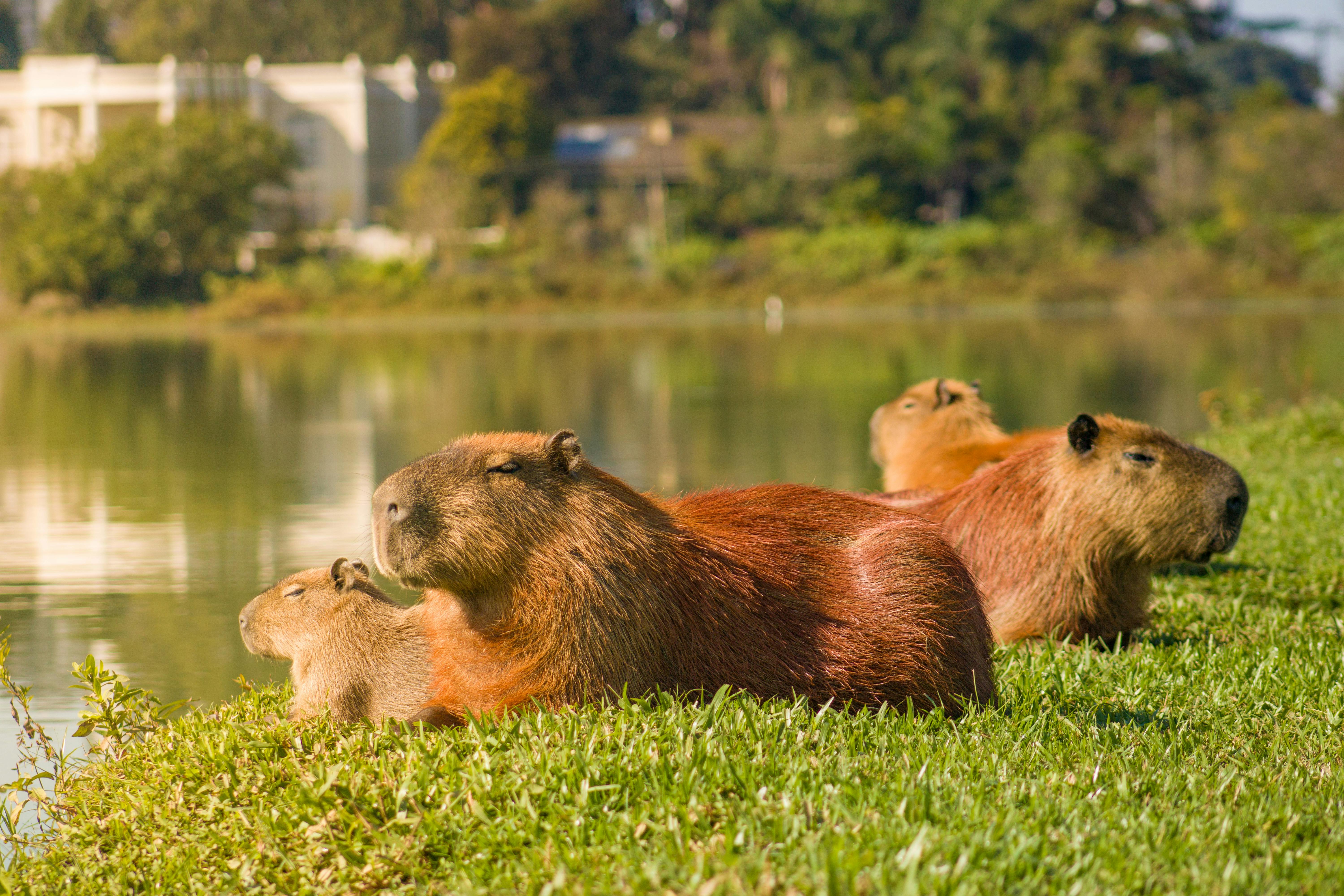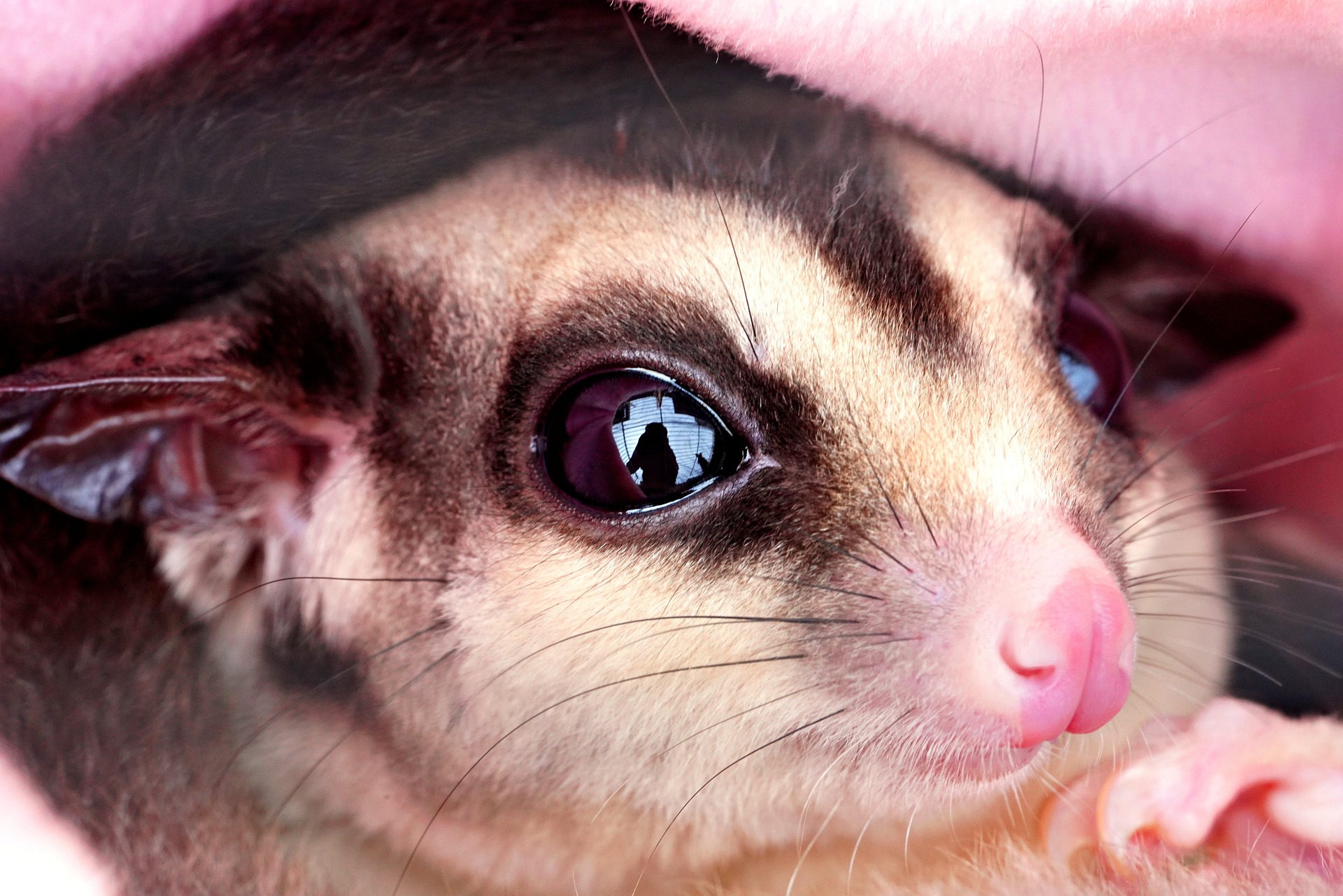Unveiling the World of Capybara Companionship
The gentle giant of the rodent world, the capybara, is making waves in the pet community. These social, semi-aquatic creatures are capturing hearts with their docile nature and unique appearance. As exotic pet ownership trends evolve, capybaras are emerging as an intriguing option for those seeking an unconventional animal companion. This article delves into the fascinating world of capybara companionship, exploring their care requirements, legal considerations, and the growing community of capybara enthusiasts.

Legal Landscape and Ethical Considerations
Before considering a capybara as a pet, it’s crucial to understand the legal landscape. Capybara ownership is regulated differently across various regions. In some areas, they’re classified as exotic pets and require special permits, while in others, they’re completely prohibited. Prospective owners must thoroughly research local laws and obtain necessary permissions. Beyond legalities, ethical considerations come into play. Capybaras require extensive space, specific environmental conditions, and social interaction. Potential owners must honestly assess their ability to meet these needs before committing to capybara care.
Creating a Capybara-Friendly Habitat
Capybaras have unique habitat requirements that differ significantly from traditional pets. A large, secure outdoor enclosure is essential, ideally spanning at least 1,000 square feet per animal. This space should include both grassy areas for grazing and a pool or pond for swimming, as capybaras spend considerable time in water. The enclosure must be escape-proof with sturdy fencing extending below ground to prevent burrowing. Indoor accommodations are also necessary, providing shelter from extreme weather and a safe space for nighttime. Temperature regulation is crucial, as capybaras are sensitive to both cold and excessive heat.
Nutrition and Health Care for Capybaras
Feeding a capybara requires a specialized diet that mimics their natural grazing habits. Their primary diet consists of grass, hay, and specialized capybara pellets. Fresh vegetables and fruits can be offered as occasional treats. Access to fresh, clean water is paramount, both for drinking and swimming. Regular veterinary care is essential, though finding a vet experienced with capybaras can be challenging. Owners should be prepared for potential health issues, including dental problems, parasites, and skin conditions. Proper diet and habitat management can prevent many health concerns, but owners must be vigilant in monitoring their capybara’s well-being.
Social Needs and Behavioral Traits
Capybaras are inherently social creatures, thriving on interaction with their own kind and humans. In a domestic setting, they often bond closely with their human family and can even get along with other pets, particularly dogs. However, their social nature means they can become depressed or anxious if left alone for extended periods. Capybaras communicate through a variety of vocalizations, including whistles, barks, and purrs. They’re generally docile but can become territorial or aggressive if not properly socialized. Regular, gentle interaction and training from an early age are key to developing a well-adjusted capybara companion.
The Financial Aspect of Capybara Ownership
Owning a capybara is a significant financial commitment. The initial purchase price for a capybara can range from $1,000 to $3,000, depending on the breeder and location. However, this is just the beginning of the investment. Setting up an appropriate habitat can cost several thousand dollars, including fencing, pool installation, and shelter construction. Ongoing expenses include specialized food, veterinary care, and potential property modifications. Insurance costs may also increase, as some providers consider capybaras high-risk pets. Prospective owners should budget for these expenses and unexpected costs that may arise.
The Growing Capybara Community
As capybara ownership becomes more prevalent, a supportive community of enthusiasts is emerging. Online forums, social media groups, and even local meetups provide platforms for capybara owners to share experiences, advice, and resources. This community plays a crucial role in educating the public about responsible capybara ownership and advocating for proper care standards. Some owners have even turned their capybaras into social media stars, raising awareness about these unique animals and the responsibilities of exotic pet ownership.
Challenges and Rewards of Capybara Companionship
While capybara ownership comes with its share of challenges, many owners find the experience incredibly rewarding. These intelligent, affectionate animals can form strong bonds with their human families, offering a unique and enriching companionship. However, potential owners must be prepared for the long-term commitment, as capybaras can live up to 12 years in captivity. The novelty of owning such an unusual pet can wear off, leaving unprepared owners struggling with the ongoing responsibilities. Successful capybara ownership requires dedication, resources, and a genuine passion for these remarkable creatures.





